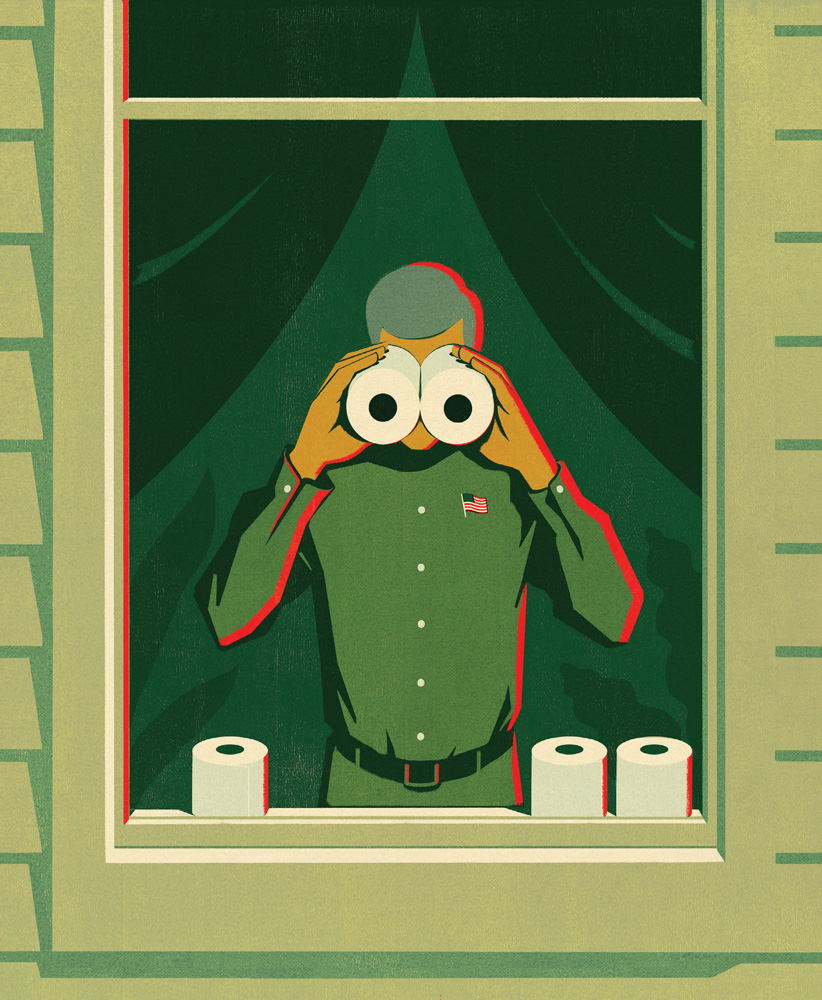In January 2020, you were putting the final touches on your new book: American War Stories. Tell us about it — and how it influenced the way you viewed coverage of the pandemic.
I come from a military family, and when I was a kid growing up, you kept it on the down low that you were affiliated with the U.S. military, unless, of course, you were living in a military community and then everybody was alike. But since the initiation of the All-Volunteer Force, Gallup has indicated that Americans think the military is the most trusted institution of all. And so, I’ve just become really curious about how a monumental shift like that happens.
The book looks at some examples of how, where, when, to what effect, war stories are told. And so, when the pandemic started, I noticed this proliferation of war language, war ideas, the veneration of the military. Americans had to be persuaded in lots of different ways, that we were warriors.
In this version of the essay, you focus on a couple words — hero and warrior. Tell us why you focused on those specific terms.
Decades ago, I taught a class about the term “hero” — about the construction of hero in American culture. And as somebody who grew up in the military, I’ve just really paid attention to the way that word gets used. The term “warrior,” for example, is a recent thing — the last 10 years maybe. And the military has really embraced it. For instance, if you go to the U.S. Army website, they have a warrior ethos, the warrior creed. But that’s a very interesting invocation — in effect, normalizing this idea of war.
During the pandemic, there are all these many implications of hero — that health care workers, for example, were supposed to be not just heroes, but martyrs. And they weren’t going to be given any extra so-called ammunition or armor. They were just supposed to sacrifice themselves. Just as the others of us were supposed to sacrifice ourselves for the economy, they were supposed to sacrifice themselves for the ICU.
There was once a time when we would’ve been squeamish about using the word “hero” or using the word “warrior.” But these things have been normalized. For instance, it’s become normal for us to think that anybody who puts on a military uniform is a hero. As someone who served in the military, I can say, it doesn’t quite work like that. And so, we’re being really loose with our language.
You indicate that the language was used intentionally. Why do you think that’s so?
The intent and the effect was to appeal to emotion and not reason, not science. It allows us to believe we are taking an active part in combating something — in doing our part. It seems to me that there is a lot of conscience assuaging. There’s this interesting idea that all in a democracy have a responsibility and so, I think as long as we can sort of wear the name tag warrior, we don’t feel so bad.
You mention in the essay that the language implies that Americans solve crises with force. Talk a bit about that.
I think it just really shows a paucity of ways for us to address crises as Americans. And to me that is dangerous — this is happening not just physically and fiscally, it’s happening rhetorically.
I think there’s a lot of power in language. My objective is just to get people to pay attention to language, and how language so often influences, if not determines, our behavior and our relationships with other people.

